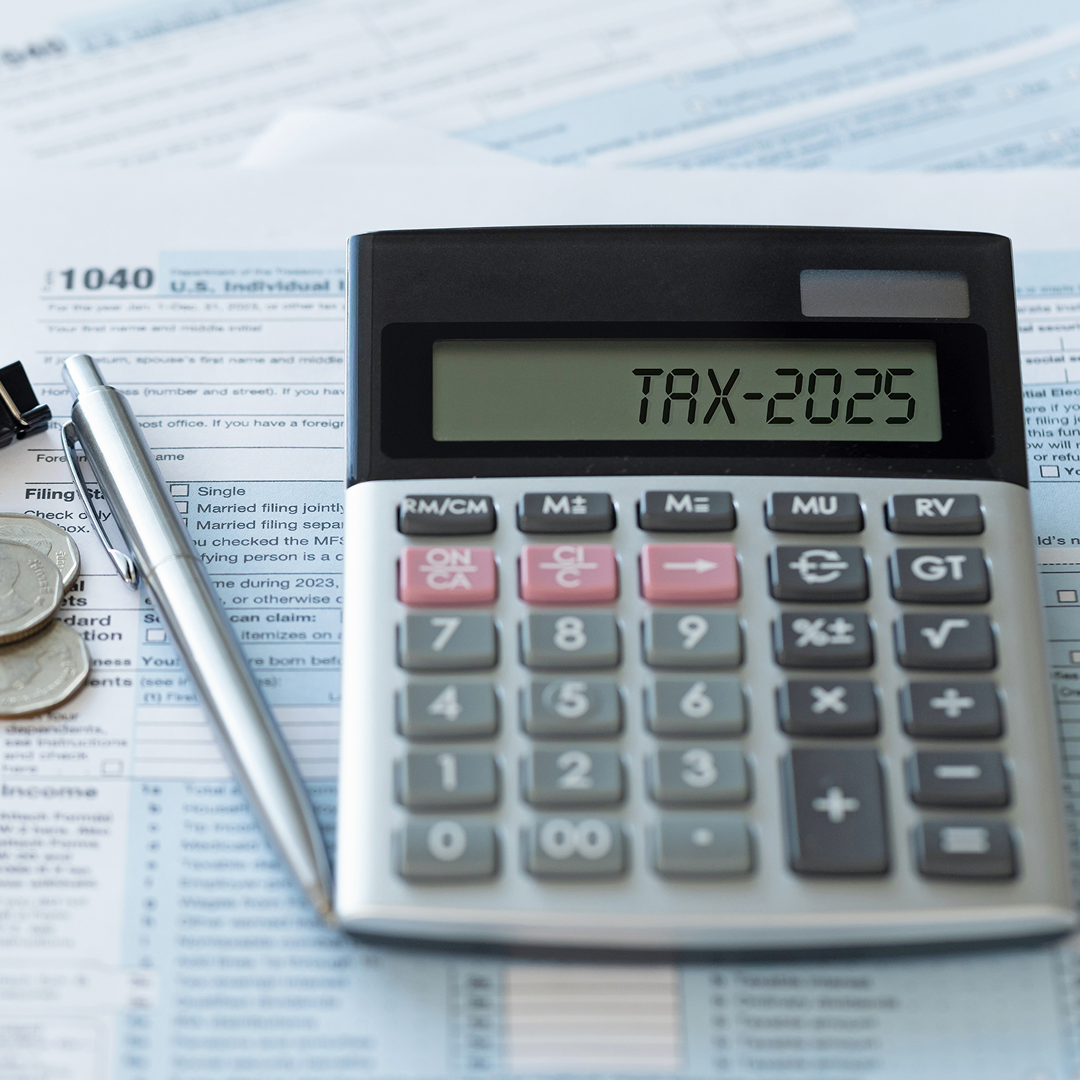Don’t let constructive receipt ruin your 1031 Exchange. Discover the procedural requirements and the important role Security 1st Exchange plays as a Qualified Intermediary (QI). Click here to learn about these essential compliance details.
Mar 3, 2026 · 2 min read





